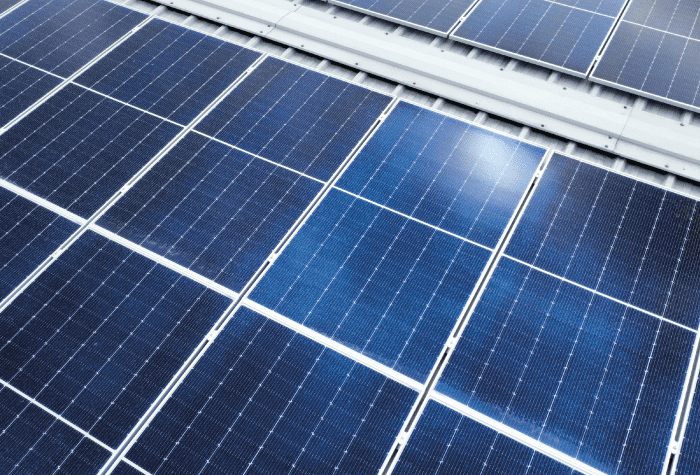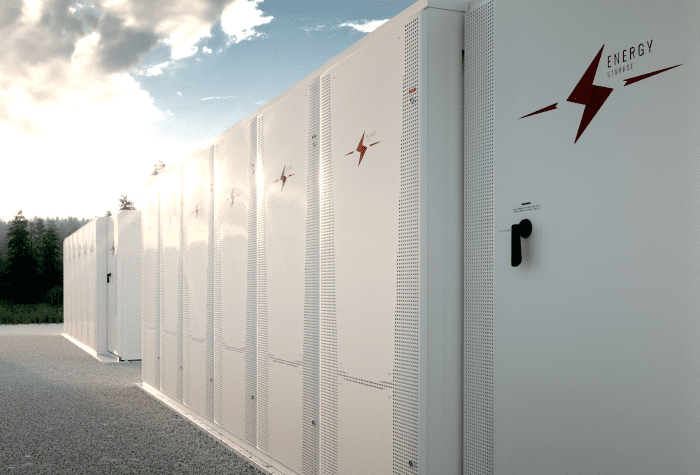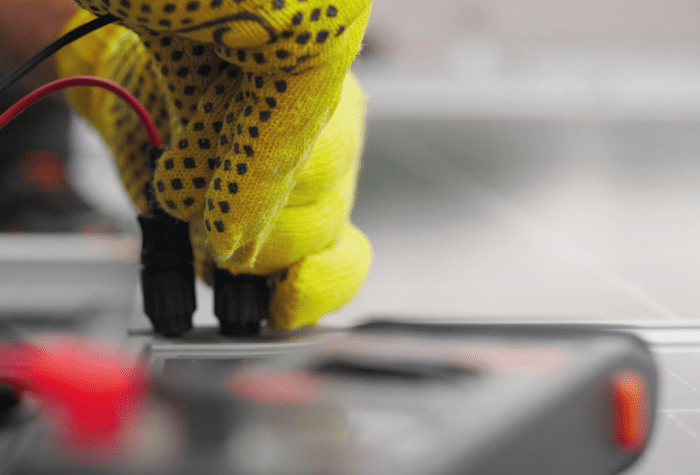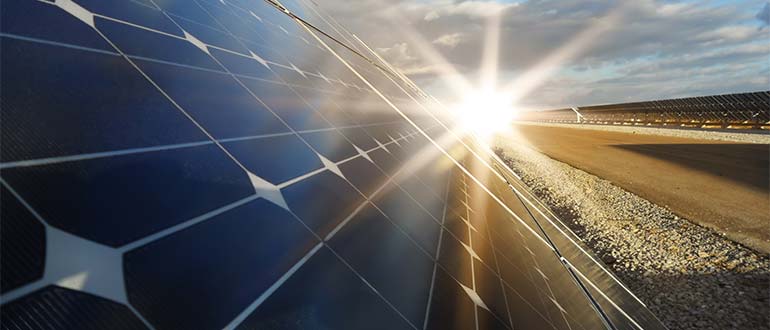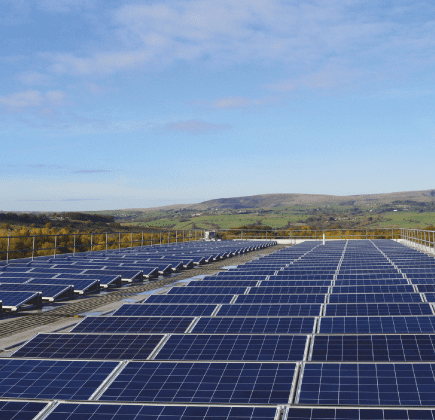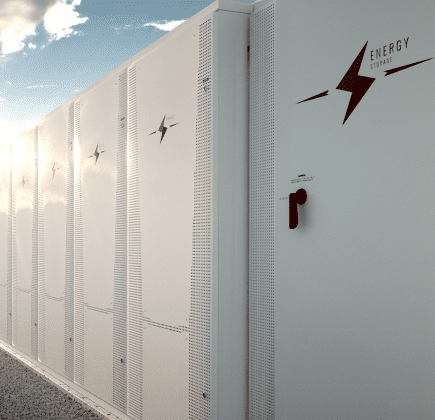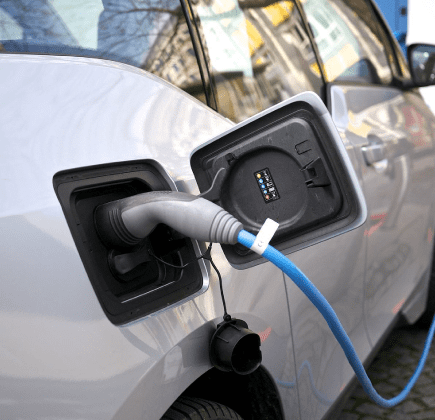- UK: 01282 421 489
- IE: 00 353 913 981 80
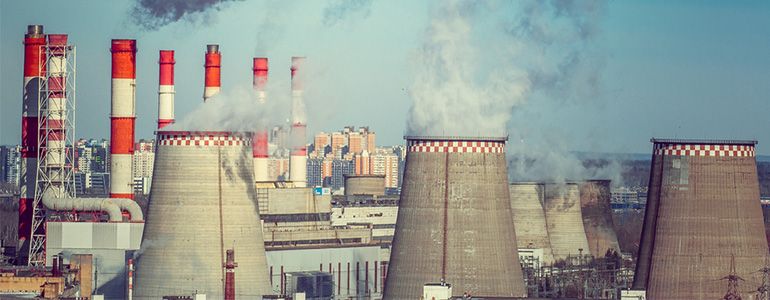
As far as day to day life is concerned, we almost certainly don’t need to tell you about the impacts of the coronavirus crisis. Only the remotest corners of the planet have remained untouched by Covid-19, and billions of people remain in lockdown across continents like Asia, Africa, the Americas and Europe. It’s not just day to day life which has been transformed dramatically though – there have also been significant transformations in the energy world.
As far as day to day life is concerned, we almost certainly don’t need to tell you about the impacts of the coronavirus crisis. Only the remotest corners of the planet have remained untouched by Covid-19, and billions of people remain in lockdown across continents like Asia, Africa, the Americas and Europe. It’s not just day to day life which has been transformed dramatically though – there have also been significant transformations in the energy world.
We’ve already covered the drop in emissions and the rise in renewable energy in a recent post here on the blog, but one particularly interesting side effect of the whole crisis is that it may well end up putting a final nail in the coffin of the ailing coal industry here in the UK – and indeed the world.
What’s happening, exactly?
Essentially, the Covid-19 crisis has highlighted how we’re relying on coal less than ever, and increasingly turning to renewables instead. As we noted on a recent LinkedIn post, our nation has now passed a new, hugely significant milestone – we’ve gone two full months without burning coal. Our previous record was 18 days, 6 hours and 10 minutes, so this new record completely blows it out of the water. What’s more, it’s by far the longest period we’ve gone without coal since the Industrial Revolution first began over 200 years ago.
This is thanks in part to the gradual increase in investment and public faith in renewables over the past ten years or so, and it’s the latest development in a long term trend of renewables steadily eclipsing the use of fossil fuels – not just here in the UK, but around the world too.
Why might coal be on the way out?
From an economic point of view, coal is highly vulnerable. It’s one of the dirtiest fossil fuels by quite some way, and has been in steady decline for a long time now, and the Covid-19 crisis has sent it to new lows. As you’d expect, its price is a huge factor in this. While prices for renewables are falling year on year, coal can’t achieve the same because of what economists call ‘marginal cost’.
The simplest way of explaining this is as follows: to generate power using a coal plant, you need to buy coal. Meanwhile, generating power using solar panels requires no such additional cost, making them much more cost-effective and efficient, and going some way to explaining why renewables are still steadily outstripping this increasingly dated fuel. It’s therefore not surprising that the UK’s national supply chain is now demanding low carbon energy generation, further ‘fuelling’ investment in the sector.
The start of our national lockdown was marked by what experts called an ‘unprecedented’ fall in energy demand, including for electricity. In the wake of our drastically reduced energy usage, it’s therefore probably no surprise that the first source of power to get hit was coal – four of the last remaining coal fire plants were shut down not long after lockdown began. Key developments like these have already made investors even less likely to invest in it (and their confidence is very unlikely to recover), sending it further on its downward spiral. This national development is part of a wider global trend, too – last year (2019) was notable for being the largest fall in coal-powered electricity production on record.
Renewables are the future
A statement like this was once a matter of opinion. Not any more. Today, commercial solar panels and similar renewable energy options are becoming increasingly more practical, offering low maintenance costs and even the chance to profit using schemes like the Smart Export Guarantee.
Energy security is another factor that’s especially important for businesses, using commercial solar panels to protect their output and productivity without being affected by local or national outages. This will only become more important in the months and years to come, as businesses take steps to protect themselves and recoup the costs they’ve lost from this pandemic.
There’s also the matter of Corporate Social Responsibility – the idea that businesses and organisations are increasingly responsible for their social and environmental impact. There’s substantial evidence that this is becoming more important to consumers than ever before, especially in the light of the Covid-19 pandemic. We recently discussed the notable YouGov poll in which 51% of respondents said they noticed cleaner air outdoors. It’s clear that many of them intend to do their part individually in maintaining that, and will expect the same from the companies and organisations they patronise, too.
Here at Low Carbon Energy, we have 30 years of combined experience and expertise in solar panels, and know exactly how to help your business make the most of them. Feel free to look at our case studies for just a few examples of businesses which have reaped huge rewards from solar, such as Stells and Crow Wood. To find out how we can help you, feel free to give us a call today on 01282 421 489!
 Energy Technology
Energy Technology

Inspiring change today
Call us on 01282 421 489
